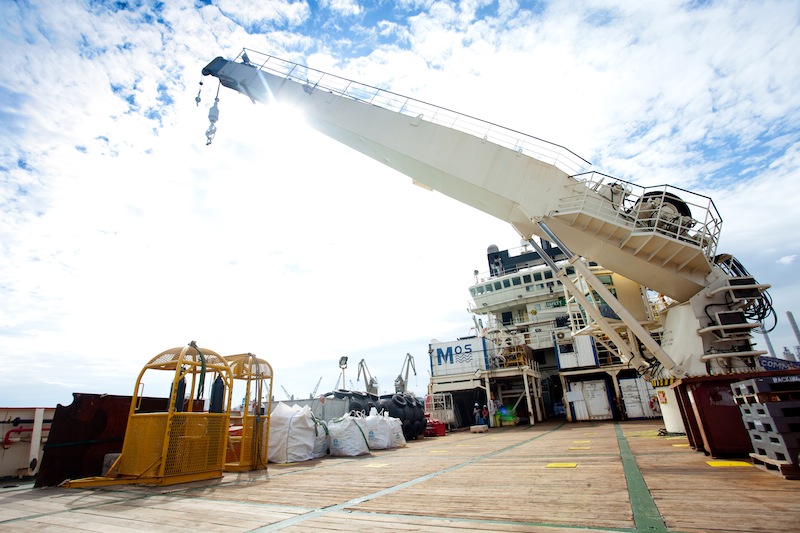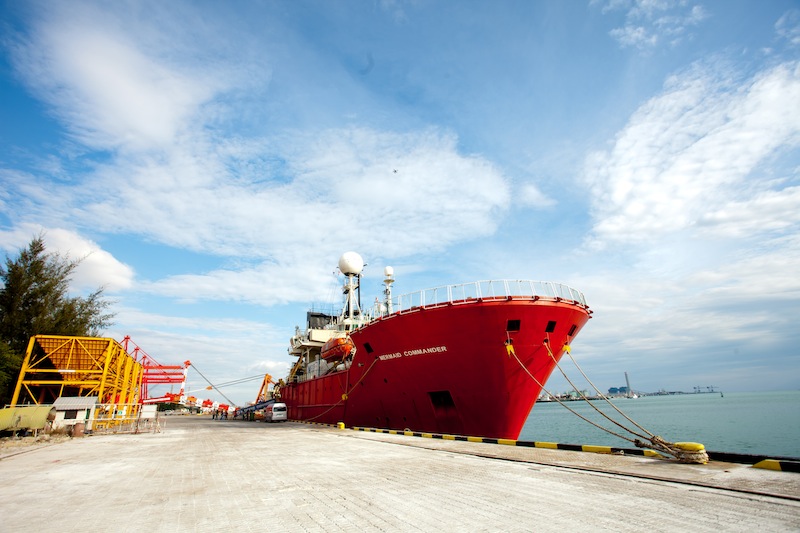Hawksbill Turtles Eretmochelys imbricata are found quite easily around the dive sites of Krabi, within the Phi Phi National Marine Reserve. I have lots of stocked footage of them and we are currently putting together a series of one minute shorts highlighting the threats facing marine life throughout the planet. We started with the Hawksbill Turtle, but stay tuned for more……….
General consensus has determined sea turtles, including
E. imbricata to be, at the very least, threatened species because of their slow growth and maturity, and slow reproductive rates. Many adult turtles have been killed by humans, both deliberately and accidentally. In addition, human and animal encroachment threatens nesting sites and small mammals dig up eggs. In the U.S. Virgin Islands, mongooses raid Hawksbill nests (along with those of other sea turtles like
Dermochelys coriacea) right after they are laid.
In 1982 the IUCN Red List of Threatened Species first listed E. imbricata as endangered.This endangered status continued through several reassessments in 1986, 1988, 1990, and 1994 until it was upgraded in status to critically endangered in 1996. Two petitions challenged its status as an endangered species prior to this, claiming that the turtle (along with three other species) had several significant stable populations worldwide. These petitions were rejected based on their analysis of data submitted by the Marine Turtle Specialist Group (MTSG). The data given by the MTSG showed that the worldwide hawksbill sea turtle population had declined by 80% in the three most recent generations, and that there was no significant population increase as of 1996. CR A2 status was denied however, because the IUCN did not find sufficient data to show the population likely to decrease by a further 80% in the future.
The species (along with the entire family Cheloniidae) has been listed on Appendix I of the Convention on International Trade in Endangered Species. It is illegal to import or export turtle products, or to kill, capture, or harass hawksbill sea turtles.






